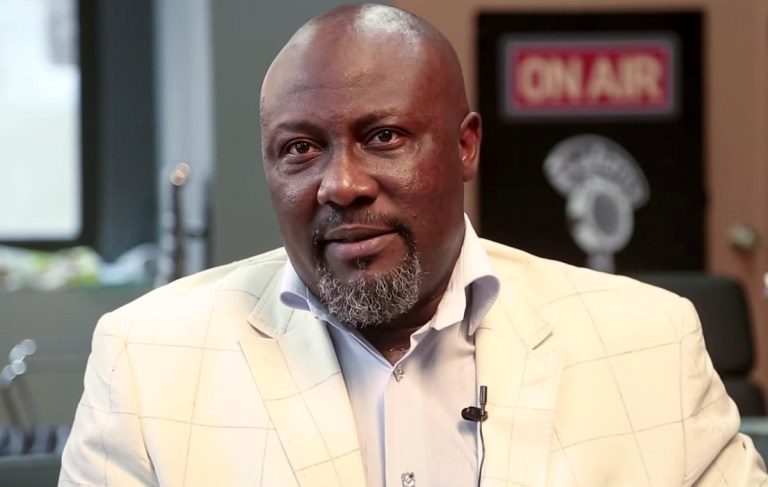Funmi Ogundare
Over 100 students from five public secondary schools across Lagos, Wednesday, converged on Mainland Senior High School, Yaba, for the 2025 edition of Project 9 to 12, an initiative combining technology, sports, and sustainability to empower Nigerian youth and promote awareness of the circular economy.
Co-organised by JustUsed Tech and Passback, the event delivered practical support and critical knowledge to underserved students, including refurbished laptops, sports kits, and immersive training sessions.
The initiative was aimed at equipping young Nigerians with the tools needed to succeed in a rapidly changing world, while also learning to care for the planet.
A highlight of the day was the donation of upcycled laptops, one per school to support digital learning and bridge the technology access gap. The organisers pledged to track the recipients’ academic progress as part of a long-term impact strategy.
Mrs. Aminat Agboola, Director of Sports for Education District IV, commended the program’s far-reaching impact.
“Many talented young people here in Lagos lack access to basic materials. This initiative gives underserved students the tools they need to grow and excel,” she said.
Representing the Lagos State Office on Sustainable Development Goals (SDGs), Mrs. Funke Araoye, described the event as a model youth empowerment effort.
“Over 100 students from five schools learning about tech and how to improve their future, I give kudos to the organisers. I encourage them to keep pushing. The sky is their limit,” she remarked.
Titobi Oreolorun, founder of JustUsed Tech, and Magdalene Pike, founder of Passback, described their expertise in tech reuse and youth sports access to shape Project 9-12 into a replicable model of community upliftment.
“As Nigeria faces high youth unemployment, limited digital access, and rising environmental concerns, Project 9-12 offers a grassroots response. By blending sustainability education with tangible resources, the initiative empowers students to become changemakers within their schools and communities.
They noted that plans are underway to expand Project 9-12 to more schools across Nigeria and that upcoming phases will include mentorship, follow-ups on distributed devices, and student-led showcases to measure how participants are applying their new skills.
The program witnessed breakout sessions that introduced the principles of reuse, repair, and recycling, using relatable local examples among students of Lagos City College, Akoka Junior High School, Mobolaji Bank Anthony Junior High School, Saint Francis Junior Grammar School, and Mainland Senior High School . A spirited football match and the distribution of sports gear underscored the event’s emphasis on holistic development through teamwork and physical well-being.

